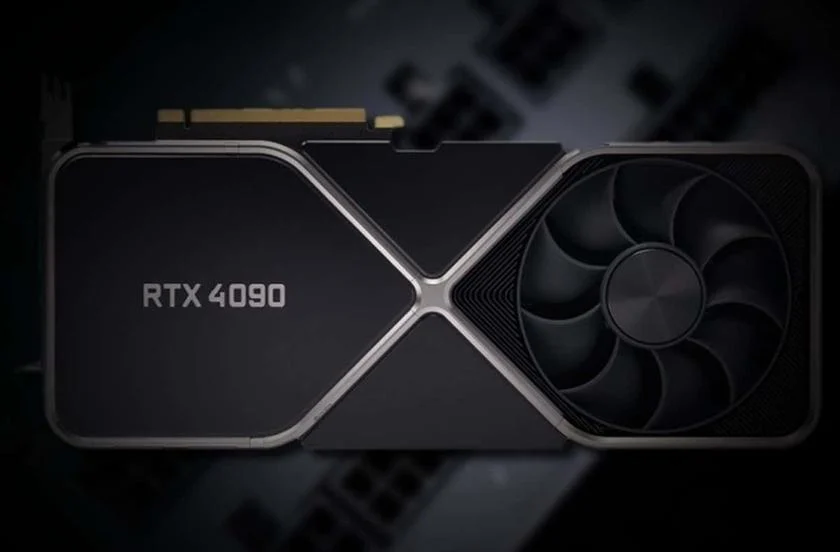In the world of overclocking, records are constantly being broken as enthusiasts push the limits of hardware performance. Just days after American player Allen “Splave” Golibersuch achieved a remarkable overclock of the ASUS ROG Matrix RTX 4090 graphics card, the German overclocking expert CENS has taken the crown once again. Using the GeForce RTX 4090 iGame LAB graphics card, CENS reached an astonishing 3975 MHz, surpassing his own record set just ten days prior and coming scarily close to the elusive 4GHz mark. Let’s read about this achievement.
The power consumption also doubled during the overclocking test
To achieve this record-breaking overclock, CENS employed insane hardware modifications and utilized a custom BIOS firmware on the GeForce RTX 4090 iGame LAB graphics card. This allowed him to surpass the previous record of 3930 MHz by a significant margin. However, such high overclocks come at a cost. The peak power consumption of the graphics card during the overclocking session skyrocketed to an astounding 1127W, far exceeding the manufacturer’s specified 515W. That’s more than twice the power consumption.

CENS conducted his overclocking feat on a powerful platform consisting of the EVGA Z790 DARK K|NGP|N motherboard, an Intel Core i9-13900K processor, and 32GB of DDR5 memory. These high-performance components provided the stability and processing power necessary to push the GeForce RTX 4090 iGame LAB to its limits.
CENS’s latest achievement in GPU overclocking showcases the relentless pursuit of performance among overclocking enthusiasts. By shattering his own record and approaching the 4GHz milestone, he has set a new benchmark for future overclockers to aspire to. However, it is important to note that such extreme overclocking endeavours require extensive knowledge, expertise, and caution, as they can pose risks to both hardware and system stability. As the overclocking community continues to push the boundaries of what is possible, we can only wait and see more astonishing feats in GPU overclocking.
RELATED:
- Lenovo ThinkStation PX workstation with dual-socket Xeon 4410T and RTX 6000 GPU launched
- Nvidia’s next-gen RTX 5090 GPU to be built on TSMC’s 3nm node
- AYA NEO KUN teased as the brand’s best-ever Windows handheld







